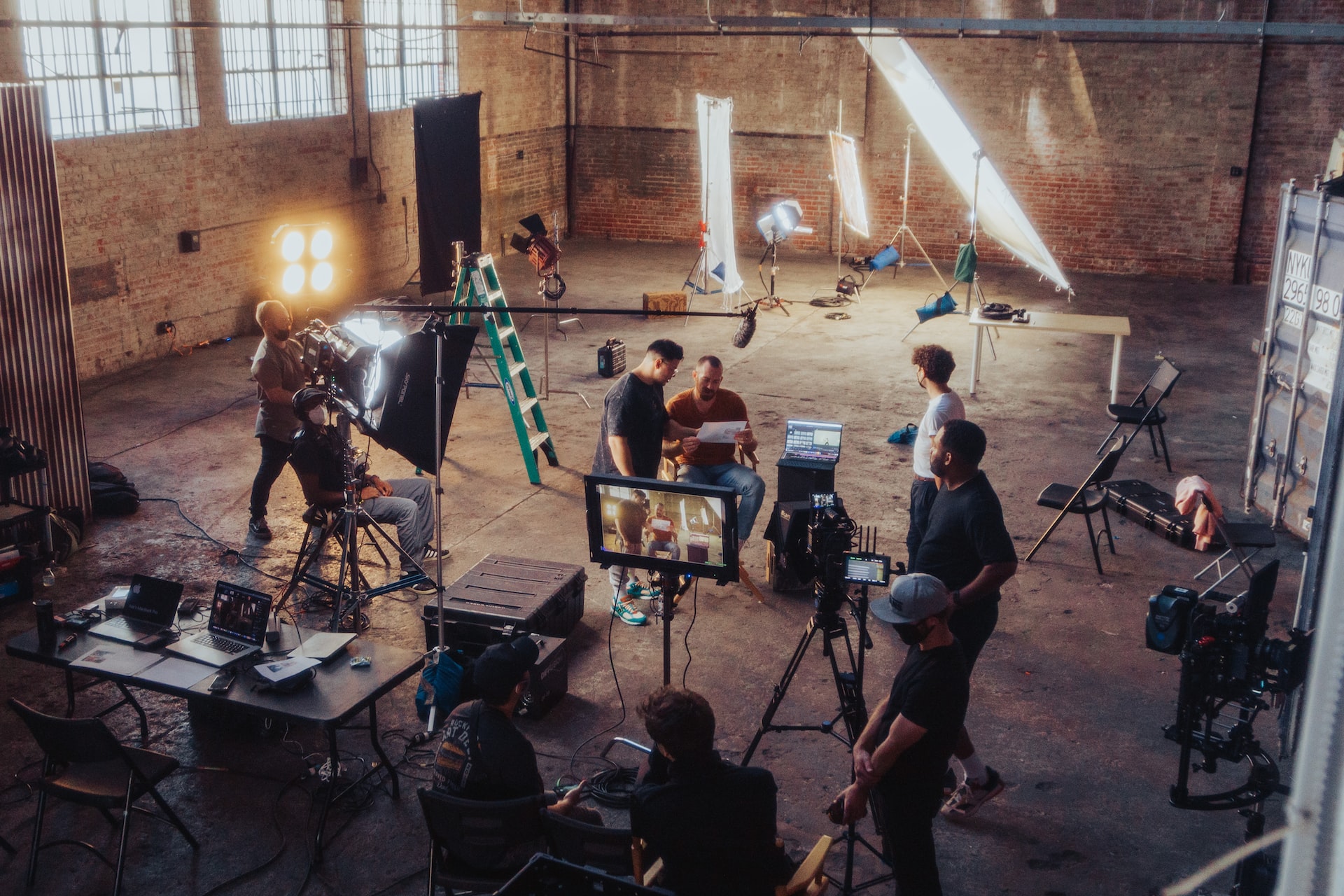
Episodic season is the time of year when the episodes of many TV shows are being cast. With TV pilots now sold and the leading actors hired, the casting of recurring roles, guest stars and co-stars begins. This is when working actors have a chance to get really busy. This is the time when you want to prepare to get into the audition room and nail it.
But how exactly does one do that?
Here are three tips that can help. Let’s start with:
1) RESEARCH.
When researching an already existing show you can watch the show to see what its style and characters are like. Sometimes, as in the case of new series, the shows haven’t yet aired. Here you are tasked to figure out what the tone of the show is, what the world is, and what the style will be like just from a few script pages. This is where you can make a huge mistake, simply because you can’t get familiar with the specifics of a show that doesn’t exist yet. It’s like getting an invitation to a party, without telling you what kind of party it is.
Where do you start?
Look at the Script. Gather as much information as you can from your script. You can ask your agent or manager for any additional information, or to get you a copy of the entire script so you can read it and find out how and where your scenes fit in to the overall story. But if you can’t get the whole script, work with what you have. Pretty common sense, but what else can you do?
Be a detective. One way to gather a lot of good “intel” on a role is to look up the show creator and his/her style in the present or past projects. Watch their shows. What is the style of portrayal– realistic, low-key, stylized, quite broad or theatrical? What sorts of characters do they place in their worlds?
If the show is a comedy, can you get a clue as to their sense of humor?
Consider if any of the style points you have noted will translate to this project and see if you can find a way to integrate that into your audition. You will stand a better chance of fitting into this new story if you are able to operate within the same basic creative approach.
2) CREATE A UNIQUE CHARACTER
Strive to make an interesting choice. You will have much more impact if you present a role in your own unique way, different from what anyone else might bring. Your audition will stick out from the crowd if it is unique, not a cookie cutter duplicate that others are also likely to present.
Ask yourself what about the role interests YOU and what can you bring to it that no one else would. That’s what casting agents mean when they ask you to “make bold choices.”
Be specific with your character. What do they like, don’t like, what is their viewpoint on things? Create a real person with a life and then live that life in the script.
3) BE READY FOR ANYTHING
Take the stress out of it. Leave plenty of time to get to the audition, to park and prepare yourself to go in—so you are not feeling rushed. Often at an audition, unusual things will happen that you couldn’t have predicted at home; script changes, last minute character adjustments, phones going off in the room. Be ready for what may come up.
Have confidence in what you are doing. Through research and drilling, be so ready with your choices that nothing can shake you. If you are prepared, and understand the world of the show as much as possible, even if they don’t cast you for this one, you will stick out in their minds for the next project.
Present yourself as a professional, they will at the very least come away knowing that, and that’s the kind of impression you want to make on casting agents in this, and every season of your career.
The Acting Center helps actors to gain control over their work, teaching them to rely on their own instincts, imagination and choices. Our scene study and improv classes produce confident actors who bring an original voice to every production.
In fact, the most distinctive thing about an Acting Center student is how different each one is. We train actors to speak in their own artistic voice—producing characters that are rich and layered. They become the artist they always wanted to be.
Theater, television and film are all collaborative mediums, so an actor must work well with other actors, directors, casting directors and many more. Our technique trains them to do just that! That’s why directors love to work with Acting Center students.
Want to get your acting career started? Sign up or login to Casting Frontier and start auditioning today!
Related articles:
Casting Director Lucy Bevan’s Audition Room Tips
Alan Cumming on ‘The biggest crime in acting’
The Callback vs. The Shoot
Written by The Acting Center





